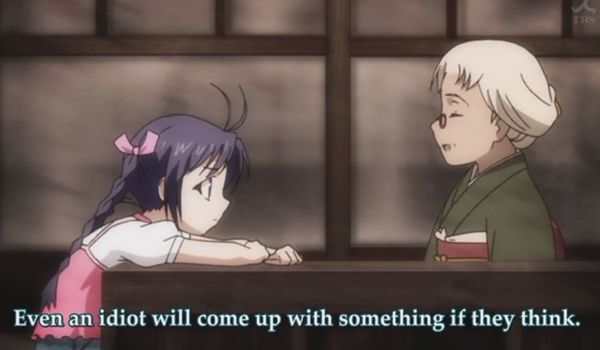
You could also go to a gym, but it costs money and people snicker at you if your clothes are more fancy than your skill.
Now that the ice has left the roads here on the south coast of Norway, I once again make it a habit to take a brisk walk outside when it does not rain too much. I generally burn 700-800 calories for each trip. How much is that? If you take a common drinking glass from the kitchen and fill it to the top with pure white sugar, that’s about 800 calories.
Obviously I don’t celebrate my trip with a glass of pure sugar. But I do get more hungry the more I exercise, and so it will always be for us who are in the normal weight range. (The weight range that is described as “normal” for your height in books and websites is actually what I call the “recommended” range, although it was supposedly normal in the 1970es when smoking was common. Today what’s normal extends some 10% higher.)
Walking and other light exercise, then, is not really a means to lose weight unless you are obese or quite a bit overweight. Some people simply have a constant appetite  or eat for social or emotional reason, and the only alternative to eat less is to exercise more. In fact, for some their appetite will decrease after exercise, because the body’s natural system for regulating appetite will begin to function again. But for us of unremarkable shape, moderate exercise will not make us lose weight permanently. We would have to exercise more and more to do that.
So why walk up and down the hills if not to fit into the clothes of last summer or the summer before that? Well, basically it is to remind the body that it is still inhabited. In an effect known as “hormesis”, Â the body reacts to small challenges by starting a repair system that repairs not only the small damage caused, but also some of the accumulated damage from the passing of time. There are a few toxins that are known to have hormetic effect in very low levels, among them ordinary alcohol, but the safest and most efficient hormesis by far is regular exercise. It may be slightly habit-forming, but not to the same degree as alcohol.
For me in particular there is a second reason to keep walking. I am diagnosed with “pre-diabetes” since last year, although I may have had this condition longer than that. You see, this is a purely technical term: There are no symptoms, and the health effects are uncertain. (Pre-diabetes usually appears as part of “metabolic syndrome”, which impairs health in ways not related to blood sugar.) The blood sugar is slightly higher than usual, but not enough to cause damage. The problem with pre-diabetes is that there is around 10% chance each year of progress to actual diabetes, which is bothersome, expensive and potentially deadly.
By exercising regularly, I clear out part of the sugar that is stored in my liver and my muscles. You see, people with pre-diabetes and diabetes II produce enough insulin, but the body starts ignoring it. (Or, for pre-diabetes, not taking it quite as seriously as it should.) Insulin gives an order to three types of cells: Â Muscles, liver and fat cells. The order is to grab sugar from the blood and store it. Muscles and liver store it as glycogen, kind of “tightly packed sugar” that can be quickly made into sugar (glucose) again. Fat cells convert the sugar into fat, which can not be made into sugar again but is burned at a slow rate in daily life. Fat can also be burned at a high rate by long bouts of exercise at moderate levels.
I am already around 20 pounds less than I was at my fattest, so I know it is not the fat cells that fail to take action. They have plenty of room. But after 2005 I have not been able to digest much fat, so I live mostly on a diet of carbs. (It is that or not living at all, really, so the choice is pretty easy.) Â Because of this there is always plenty of sugar in my blood, and my liver and muscles easily fill their storage space. This leaves the poor fat cells with all the rest, and they are evidently not up to it, thus the pre-diabetes.
So basically if you eat carbs, you need to exercise to clear out the storage in muscles and liver. Otherwise diabetes is likely. If you eat fat instead, you still need to exercise to slow down the aging, but the chance of diabetes is small as long as you stay well below your maximum weight. A high-fat diet also raises the risk of angina and heart infarct. So there really is no “silver bullet”, no cure for all. At least not yet. I am sure scientists all over the world are still looking. Until then, I intend to keep walking.






